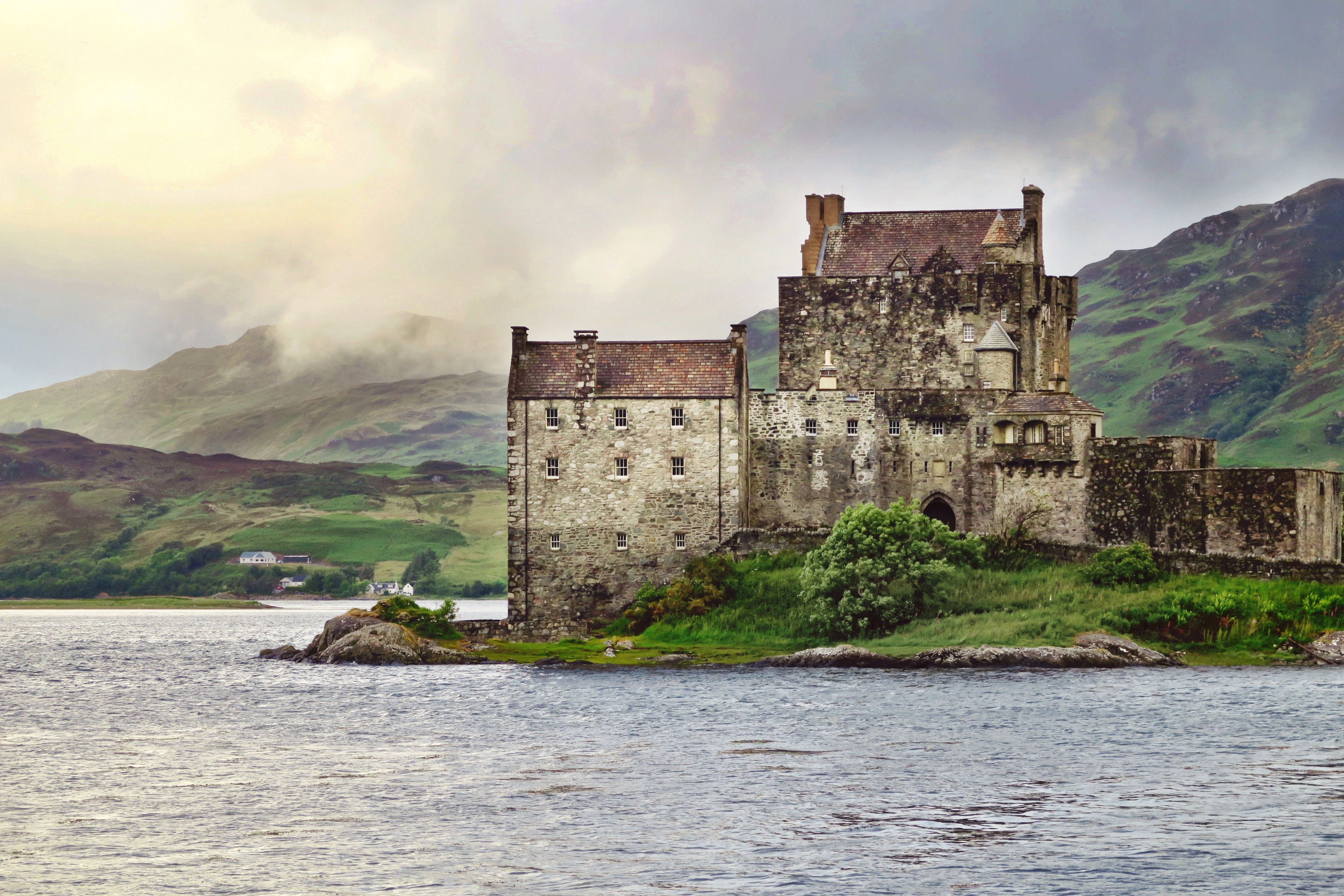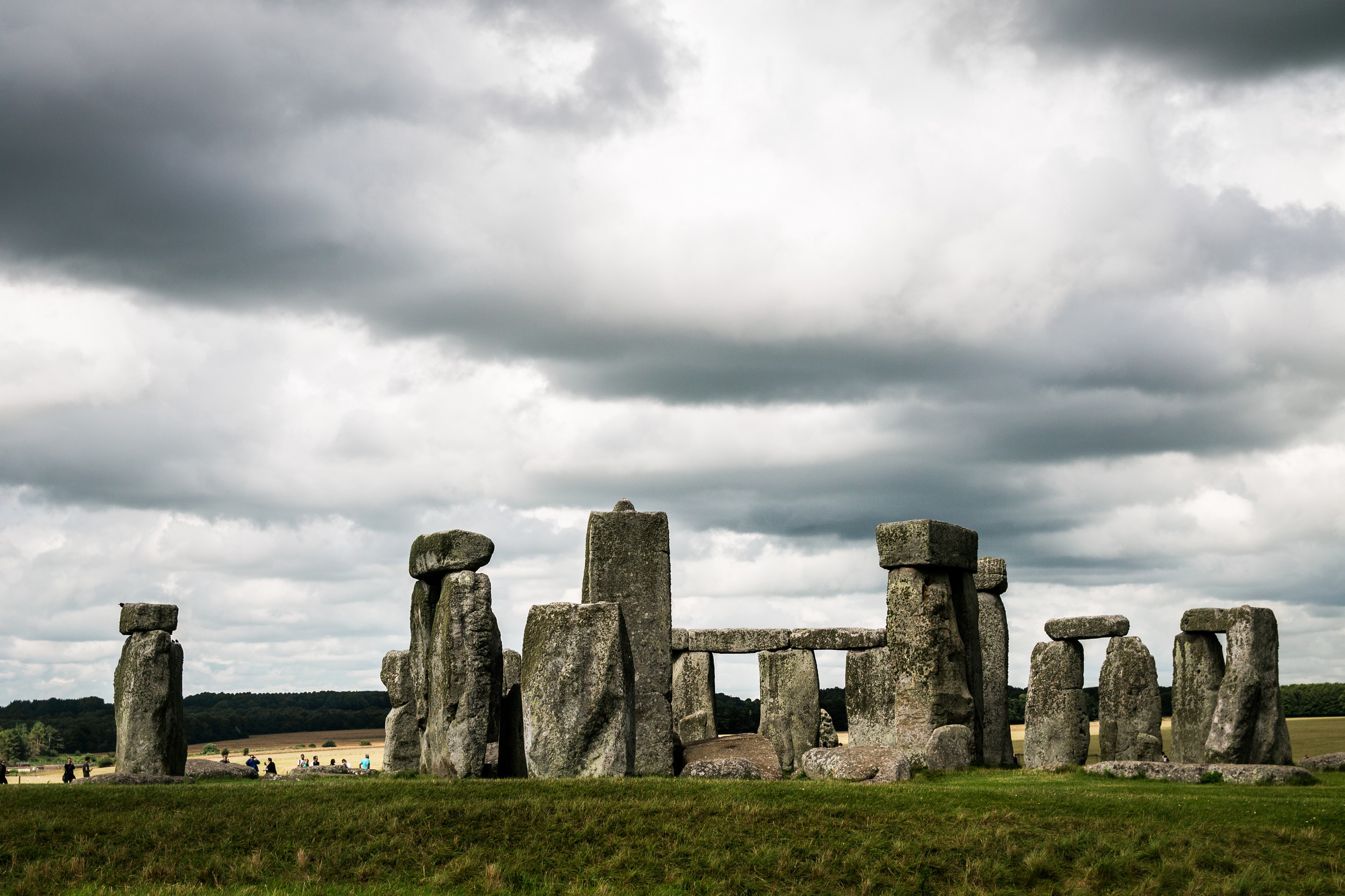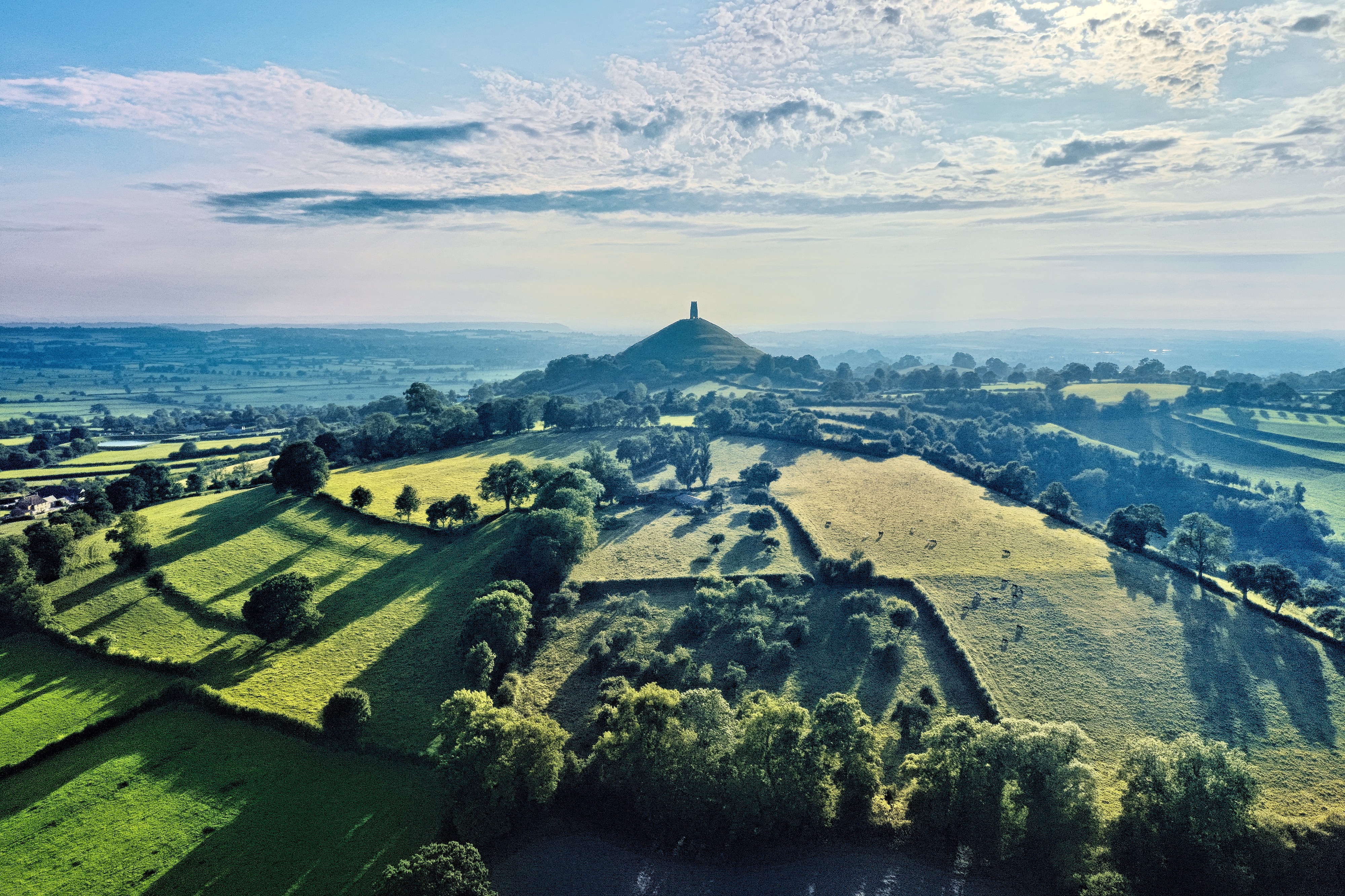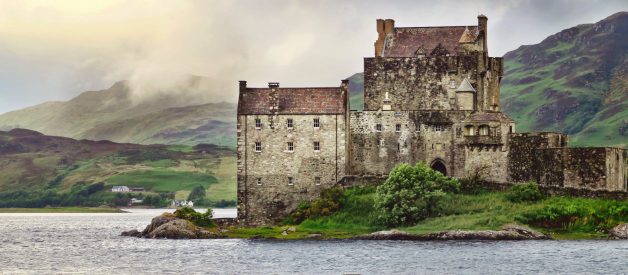An entire industry built on a work of fiction
 Way better than Tintagel ? but that?s Scotland for you. Photo by George Hiles on Unsplash
Way better than Tintagel ? but that?s Scotland for you. Photo by George Hiles on Unsplash
The British love a good story. After all, in a nation littered with castles, ancient burial grounds and standing stones, the novelty of old stuff wears off by the time we hit 10.
So, in order to stay interested in our crumbling castles, we invent stories around them. It?s not hard, we have written histories going back over a thousand years, and an impressive literature-based game of Chinese whispers.
For every commuter who drives past Stonehenge without a second thought, there?s someone with a crystal around their neck and playing a gong in its honour. I?m not criticising, I?m just saying, stories are powerful.
Our mythical history
Loch Ness has an entire tourist industry based on a sea monster, so it?s really not surprising that we should have other mad stories that plenty of people at least half believe in.
The legend of Arthur and the Knights of the Round Table is one such story. In fact, it?s not so much a story as a labyrinth of stories. If you start looking into the various myths and legends surrounded King Arthur and his somewhat mystical retinue, you?ll be down a rabbit hole that even Lewis Carroll would deem extensive.
There is very little evidence that Arthur existed and if he did, he wasn?t the king. The vast majority of accounts of him, mostly written hundreds of years after his life (around 500AD), are seen by historians as works of literature rather than history.
In short, the adventures of Arthur are, by and large, fiction. But when you?re looking at a crumbling castle partially shrouded in English mist, you don?t want it to be fiction.
The British crave the wonder in our semi-fictional histories. We cling to the idea that our ancestors were magical beings schlepping around mossy forests with magic swords. And the rest of the world does too, Game of Thrones didn?t come from nowhere. It has plenty of similarities with some of our mythical history.
 Photo by Inja Pavli? on Unsplash
Photo by Inja Pavli? on Unsplash
A tourist industry based on fiction
The spirituality of yore as long been more interesting to us than the spirituality of the modern day. If it?s been around for thousands of years, it must be true, so goes conventional wisdom.
If some beardy guys set up standing stones in Avebury yonks ago, they must have been onto something. The innumerable shops selling incense, crystals and other wishful paraphernalia made in Chinese factories are certainly banking on this continued desire.
You can?t climb up Glastonbury Tor (generally accepted to be Avalon, where Arthur spent some time recovering) on a misty morning without feeling something a little magical. Whether this would happen if you stumbled up it having no idea of its associations I don?t know.
If you climb the Tor during a sunny day though, you?d quickly discover it?s covered by colourfully over-fabricked folk playing with sound bowls and humming with their eyes closed. It sort of spoils the stunning nature of the place. But again, stories are powerful.
Tintagel is another place steeped in so much mythical history that the entire village depends upon it. An impressive natural islet attached to mainland England by a tenuous rocky tether, the ruins of Tintagel castle can be found upon it.
This isn?t surprising, our ancestors loved building castles on islands, clifftops and other such promontories. What makes this castle special is that Arthur was supposedly conceived here. I?m not sure why this is looked upon with such determination given that conception dates are fairly difficult to pin down these days. I can only assume his parents only got down to it in this castle and never went on romantic vacations.
Nonetheless, the act of sperm fertilising an egg is certainly enough to draw over 200,000 visitors a year. It?s hard to describe how small the village is to adequately convey how much chaos there is on peak summer days when as many as 3,000 people stop by.
It?s small. Like, one road small. One road lined with tat shops and pasty outlets. It?s a charmingly English place only blighted by its own lifeblood; the tourists wanting to see where two people had sex and produced a more or less-fictional person.
This is Britain all over.
Our history is bloody and weird. The reason why there was so much magical goings-on hundreds, thousands of years ago was the same reason why there?s always magic in old cultures. They didn?t know how to explain a lot of things we can today. So they put it down to magic.
It makes sense.
And it also makes sense why us British absolutely love it.
 Glastonbury Tor Photo by Niklas Weiss on Unsplash
Glastonbury Tor Photo by Niklas Weiss on Unsplash
Because when we walk down our shabby high streets past Poundland and graffiti, when we roll our eyes so hard at our parliament we fall off chairs, when we?re stuck in traffic because our cities were built by Romans who hadn?t bargained on a swelling population with ever-growing vehicles, when we see all of this ? we need our mythical histories.
We need to believe that there?s something more humming gently in the ancient woodlands, the crumbling castles and the phenomenal chalk hill carvings (click it, you won?t be disappointed). We need that magic.
We gloss over the insane infant mortality rate of the 6th century, the low general life expectancy, the hellishly difficult living conditions of the vast majority of the population ? we gloss over that straight to the idea that Arthur had a magic sword, some valiant knight friends and a hot but promiscuous wife.
We need it because it tells us one thing; this place is special. Here lies magic.
Kitiara Pascoe is a freelance ghostwriter, content marketer and author. After three years of sailing around the Atlantic and Caribbean, she washed up in Devon, UK. You can find her on Twitter @KitiaraP and @TheLitLifeboat. She?s the author of In Bed with the Atlantic and The Working Writer and you can find her journalism and blog at KitiaraPascoe.com or her ghostwriting and content marketing services at TheLiteraryLifeboat.co.uk


